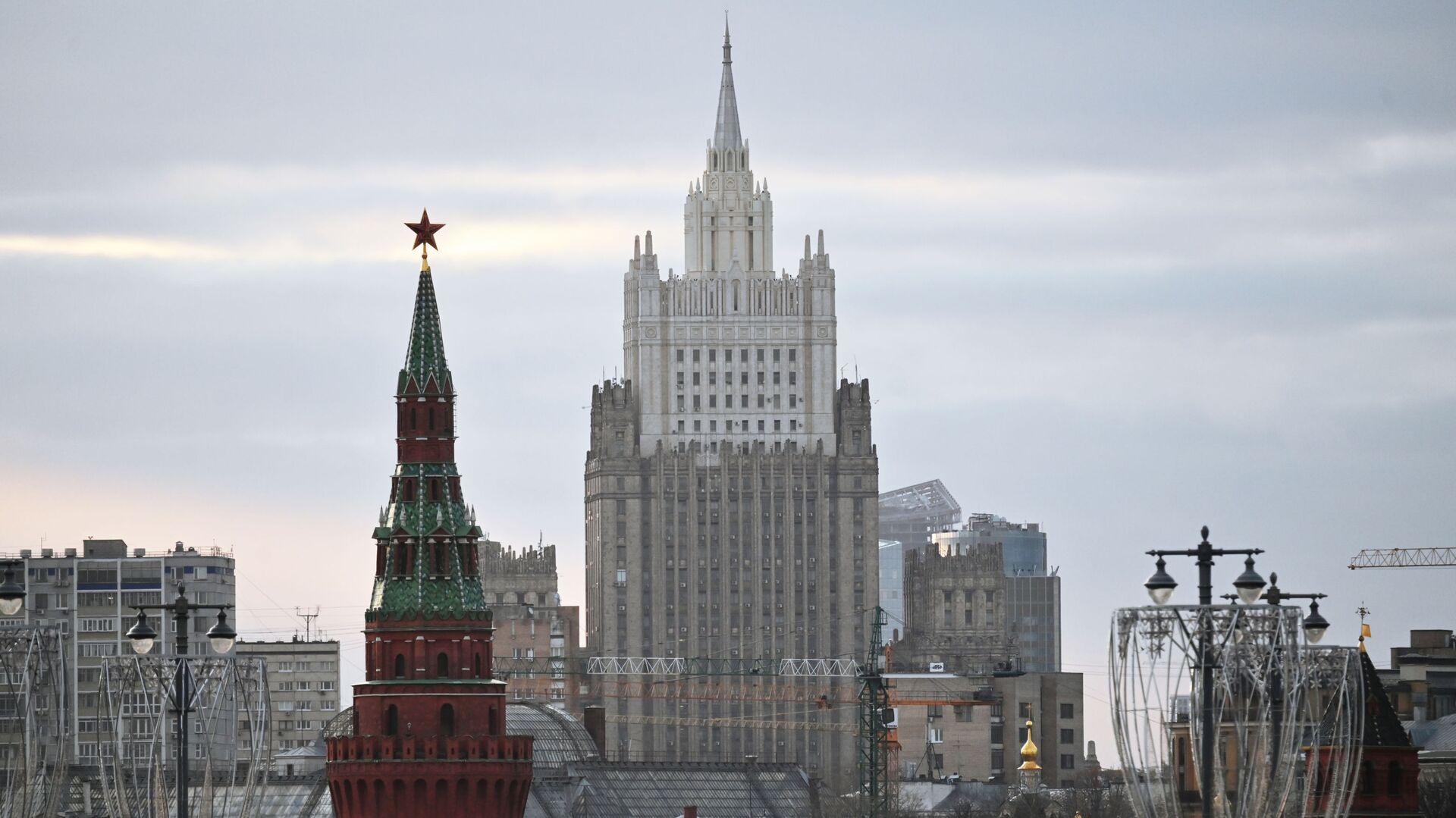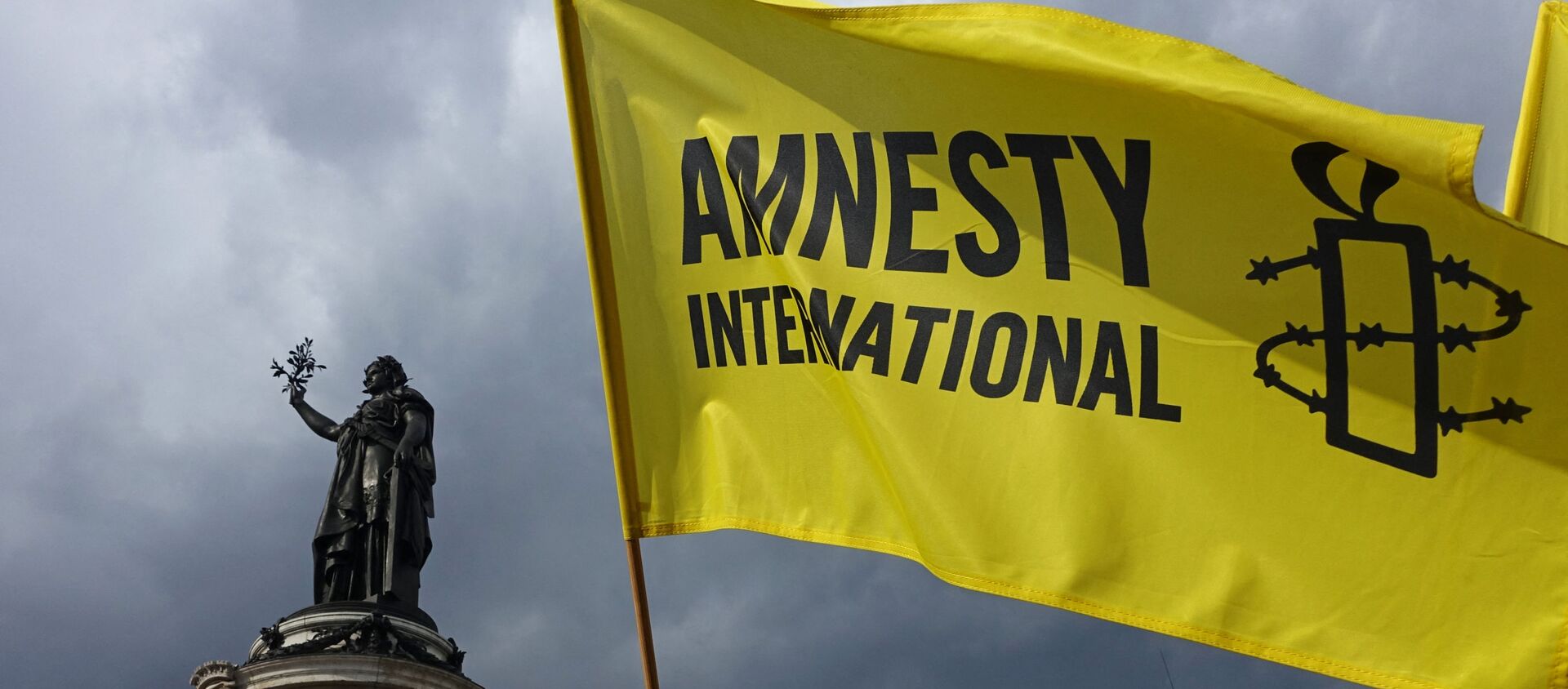The EU's decision to expand sanctions against Russia over the Navalny case is a "circus" and a story scripted in advance, the Russian Foreign Ministry's spokeswoman, Maria Zakharova, said on Wednesday.
"This is beyond any logic. As logic disappears, it means this is just an invented absurd story with an information campaign scenario. Above all, this is a humiliation of the EU, an alliance of countries with ancient history, with rich culture, economic achievements and human rights achievements, achievements in the sphere of human rights, which the EU always used to truly prioritise without turning it all into some theatrics, like it is now forced to," Zakharova said.
This comes after the European Union announced on Monday that its member states had agreed to impose sanctions against Russia under the human rights sanctions regime over the situation with Navalny. The move was welcomed by US Secretary of State Antony Blinken.
The West has repeatedly urged Russia to release opposition blogger Navalny whose suspended sentence in the 2014 Yves Rocher fraud case, was replaced in early February with a real prison term of 2.5 years over multiple probation breaches. Moscow considers calls to release Navalny unacceptable and unlawful.
In the middle of January, Navalny returned to Russia after receiving treatment in Germany following an alleged poisoning in Siberia in August. Berlin claims that German doctors found evidence in Navalny's body of poisoning with a nerve agent from the Novichok group. The OPCW said that the Russian political activist was poisoned with a toxin that resembles Novichok but is not on its list of banned substances. However, Russian doctors said that no such substances were found while Navalny was being treated in Russia.
Earlier this month, Russian Foreign Minister Sergei Lavrov said that the West has been trying to make Navalny the most important point of discussion in its dialogue with Russia, giving Moscow an ultimatum to open a criminal case regarding the alleged poisoning, while actually hiding the key "evidence".





